
Breakthroughs in Science and Technology
This week has seen a plethora of exciting breakthroughs in science and technology. From identifying fossils to adapting to an extra thumb, researchers have made significant strides in various fields.
Uncovering the Past
A team of researchers from Germany, the U.S., and Australia has developed a new technique called zooarchaeology by mass spectrometry. This innovative method allows for the analysis of collagen proteins, enabling the identification of even the smallest fossil pieces. This breakthrough has the potential to revolutionize the field of paleontology.
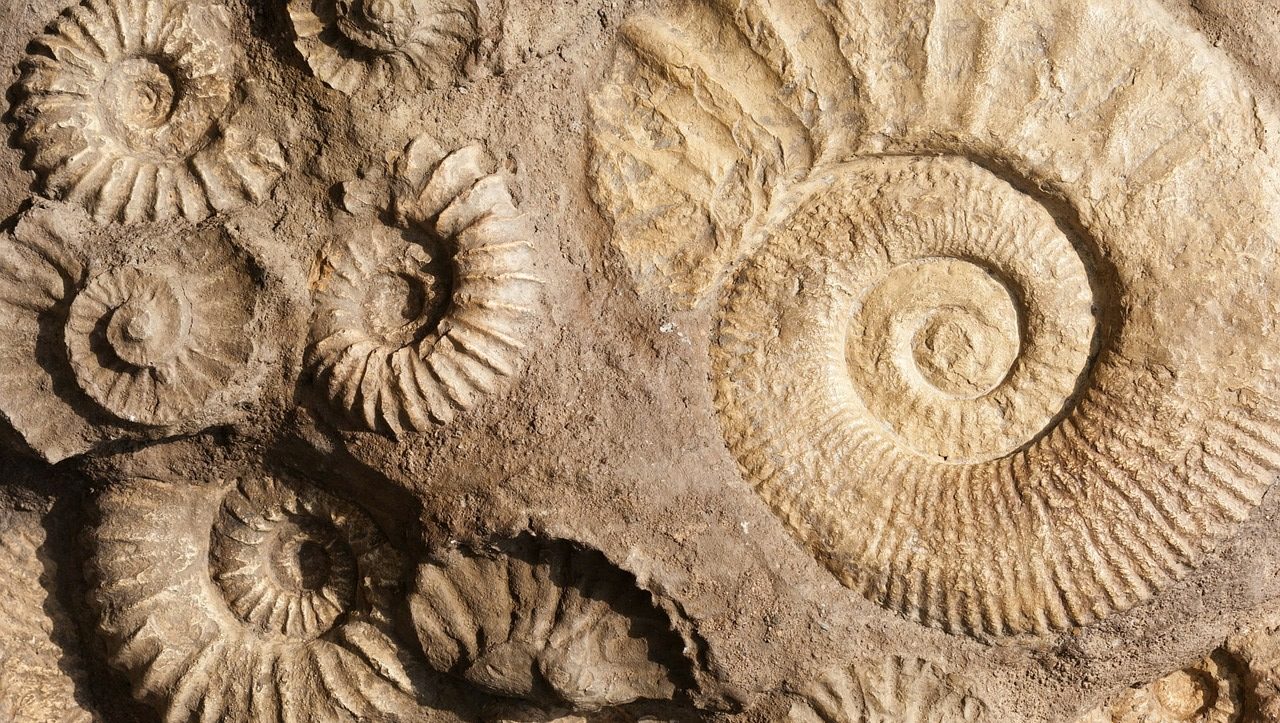 Fossil discovery
Fossil discovery
In another exciting discovery, an international team of researchers has identified a new dinosaur, named Musankwa sanyatiensis, found in Zimbabwe. This is only the fourth dinosaur to be named from that country.
Adapting to Change
In a fascinating study, engineers and roboticists at the University of Cambridge have found that people can easily adapt to having an extra thumb. Test volunteers were able to control the thumb using pressure sensors under one of their feet. This innovation has the potential to enhance human dexterity.
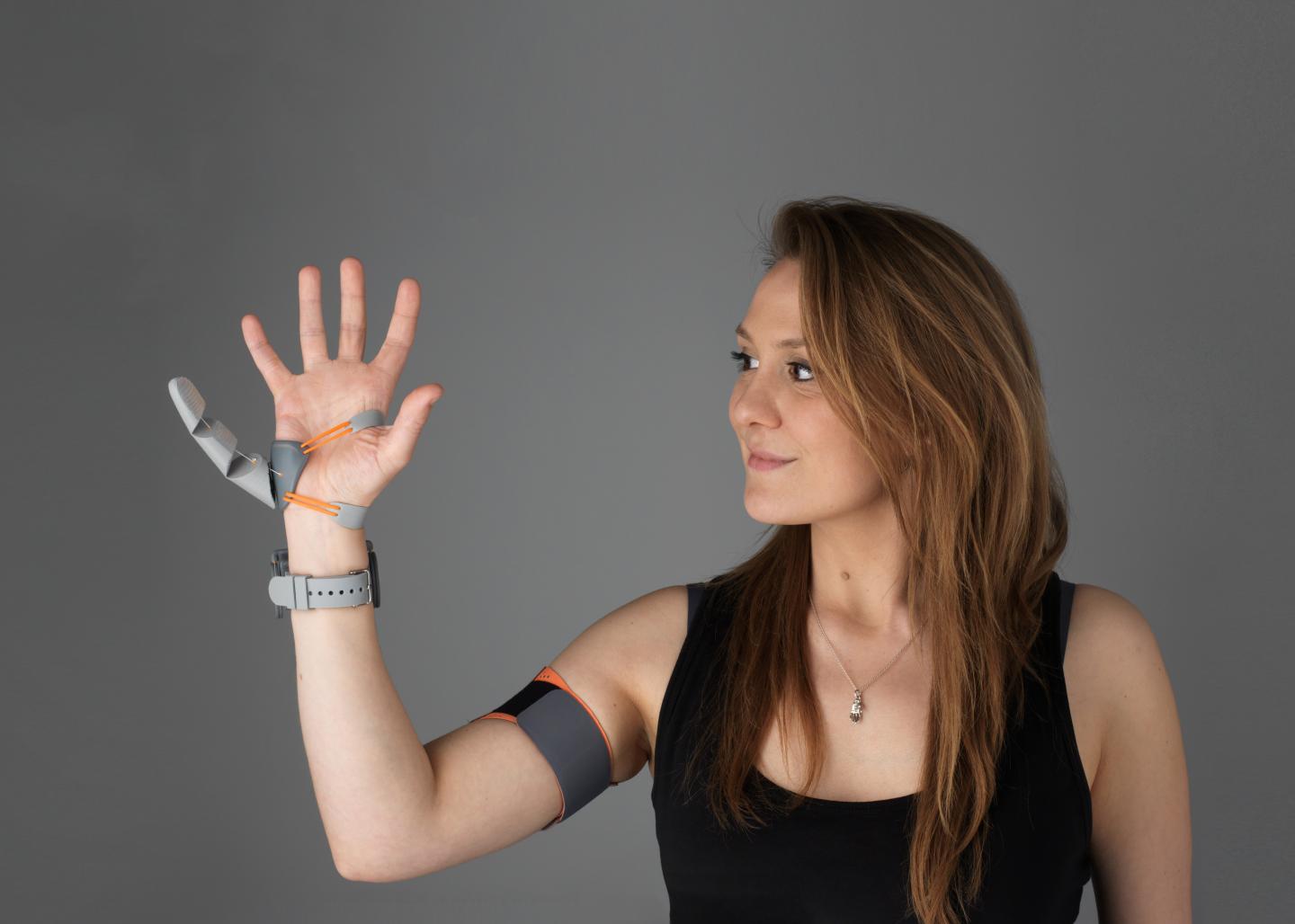 Extra thumb
Extra thumb
Technological Advancements
A team of computer scientists at Purdue University has raised concerns about the accuracy of the popular LLM ChatGPT when responding to computer programming questions. This finding could have significant implications for the field of computer science.
In a breakthrough for electric vehicles, engineers at McGill University have made a significant discovery that could lead to greener, cheaper electric vehicles.
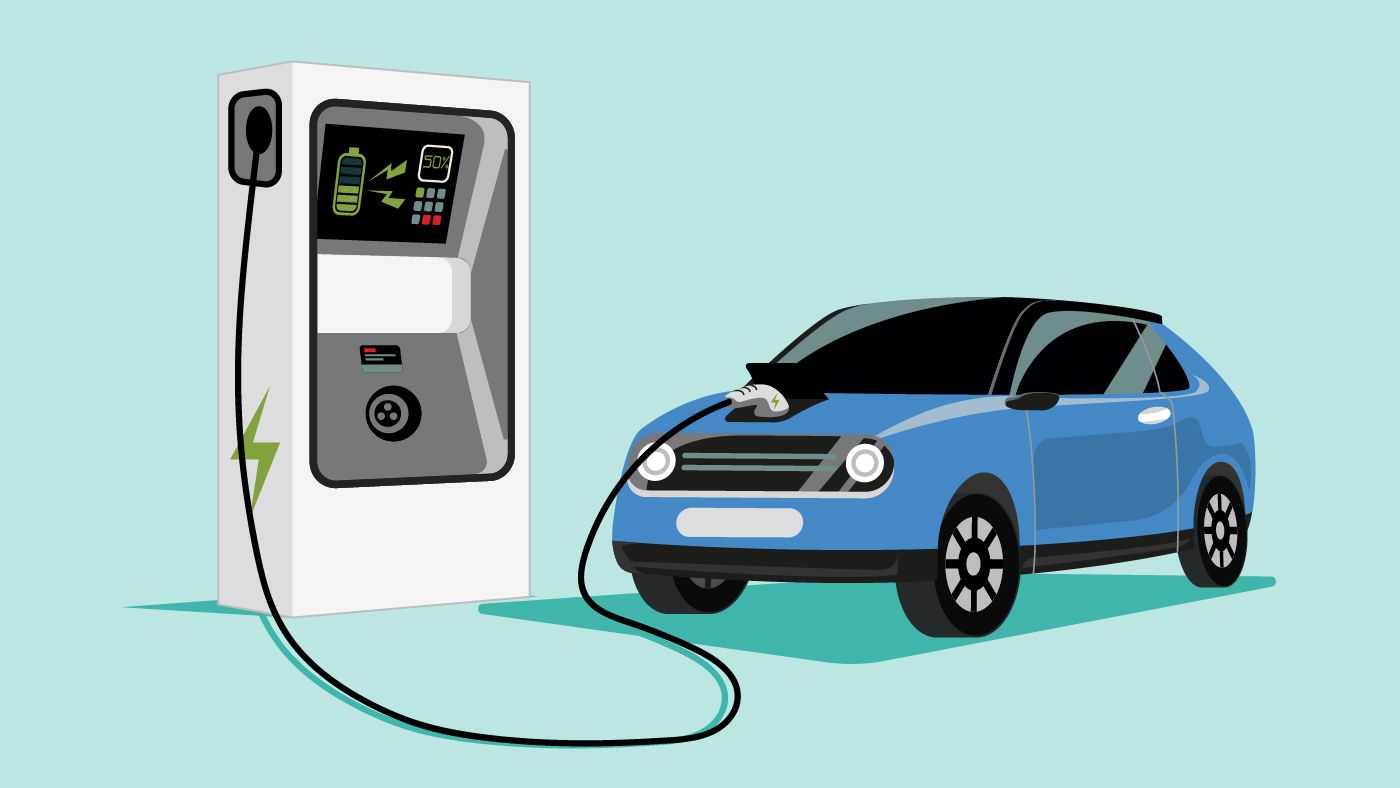 Electric vehicle
Electric vehicle
A combined team from Pohang University of Science and Technology and the National Institute of Science and Technology in South Korea has developed a high-energy, high-efficiency, all-solid-state sodium-air battery.
Health and Wellness
Researchers from Finland’s University of Helsinki, the National Institute for Health and Welfare, and Turku University of Applied Sciences have found that eating more fruits and vegetables may lead to better sleep quality.
 Fruits and vegetables
Fruits and vegetables
In a groundbreaking study, an international team of medical scientists has found evidence that many types of cancers can be caused by reversible molecular changes. This discovery suggests that epigenetic drugs may be used to treat these cancers.
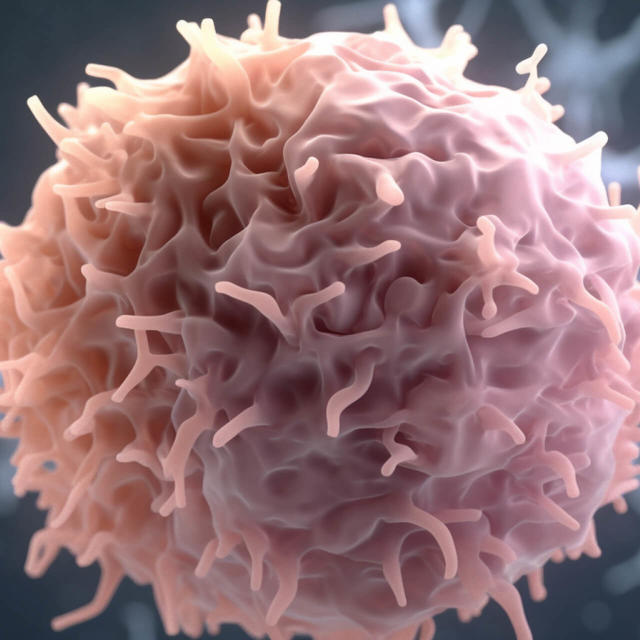 Cancer research
Cancer research
Earth’s Magnetic Field
A team of Earth scientists at the University of Michigan has found that the Earth’s changing, irregular magnetic field is causing problems for polar navigation.
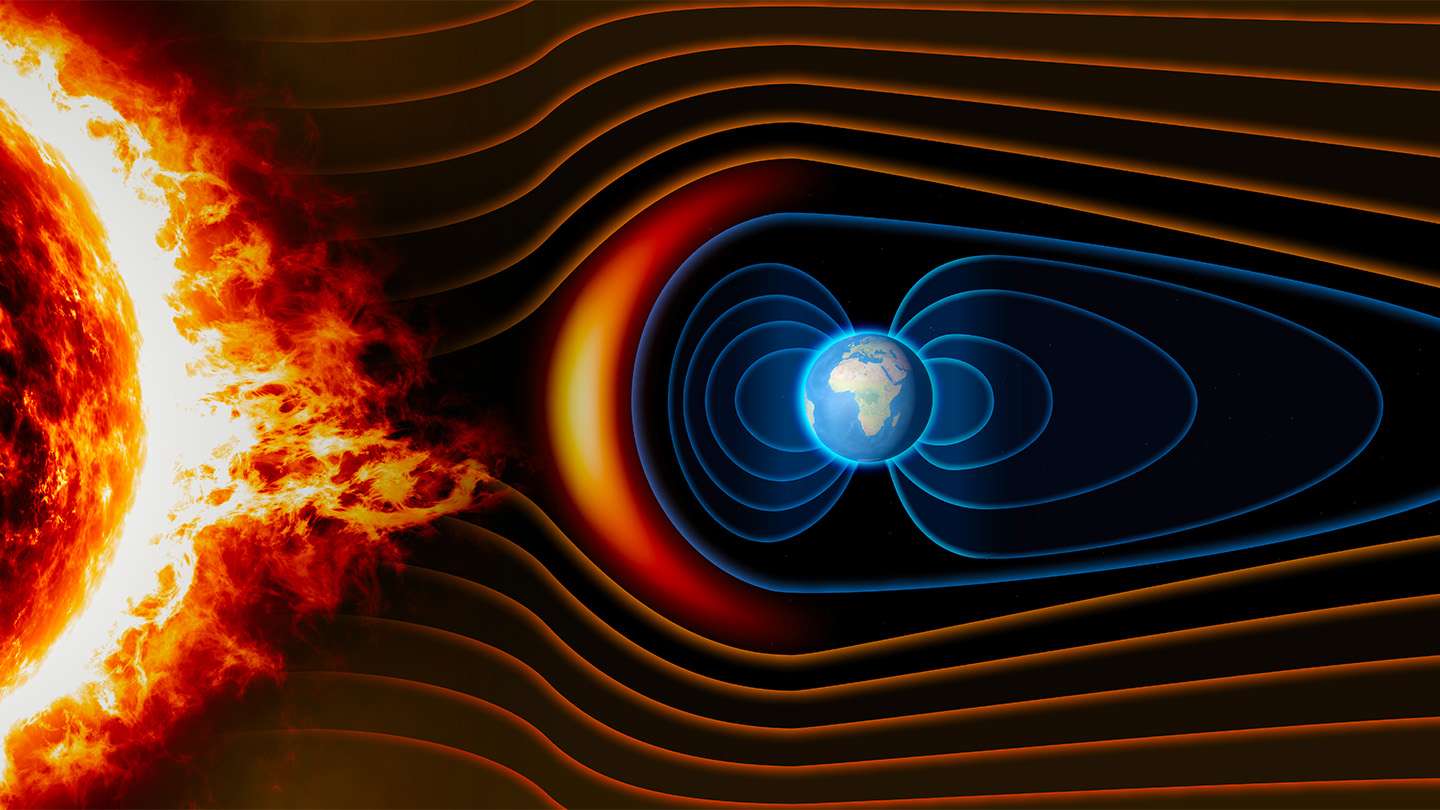 Magnetic field
Magnetic field
These breakthroughs showcase the incredible advancements being made in various fields of science and technology. As researchers continue to push the boundaries of human knowledge, we can expect even more exciting discoveries in the future.















